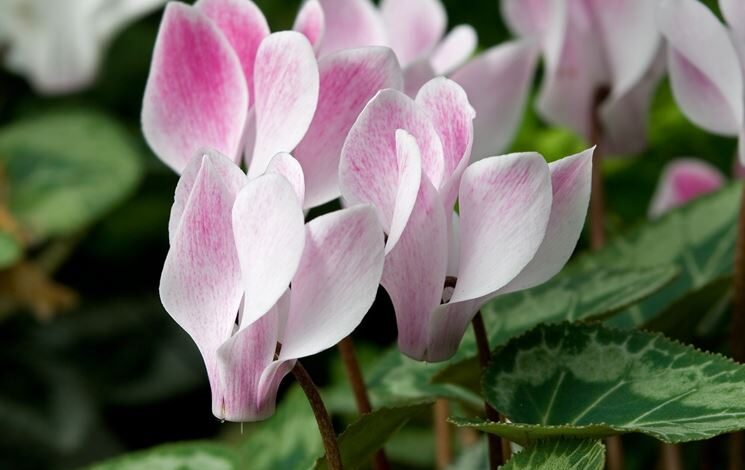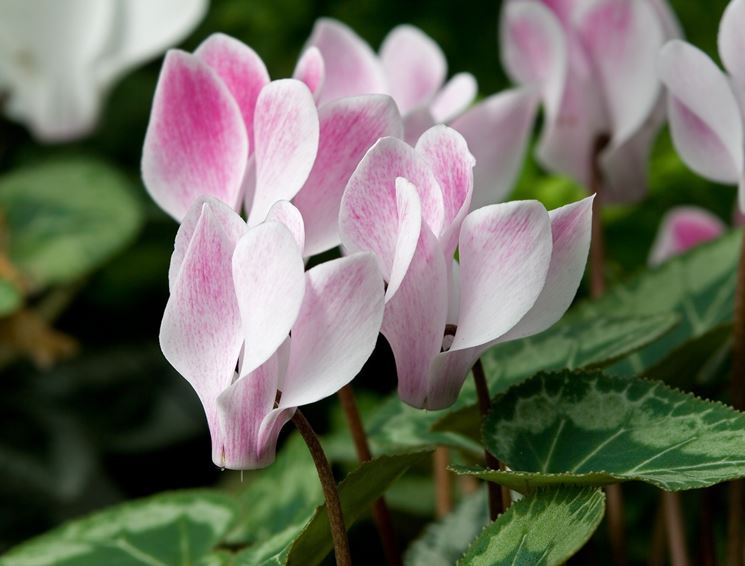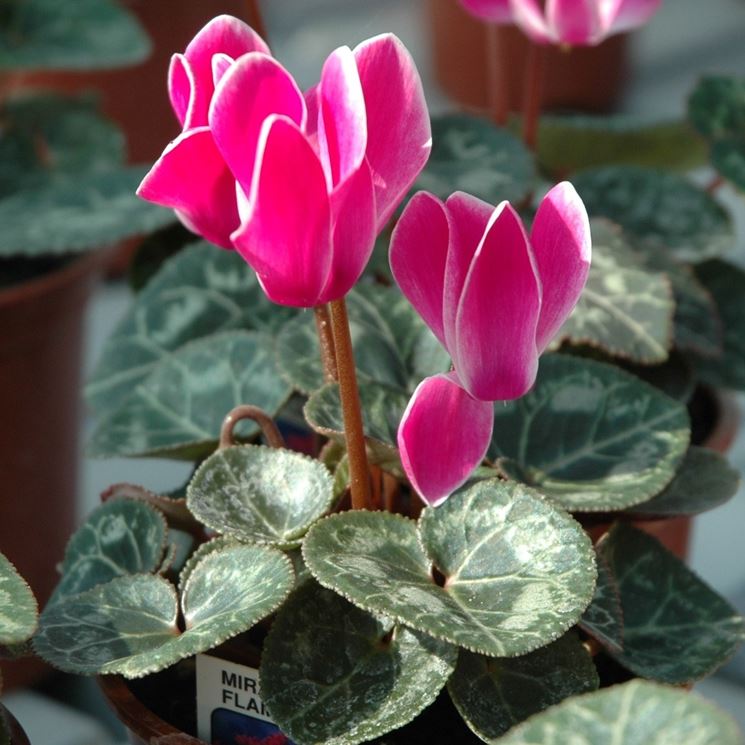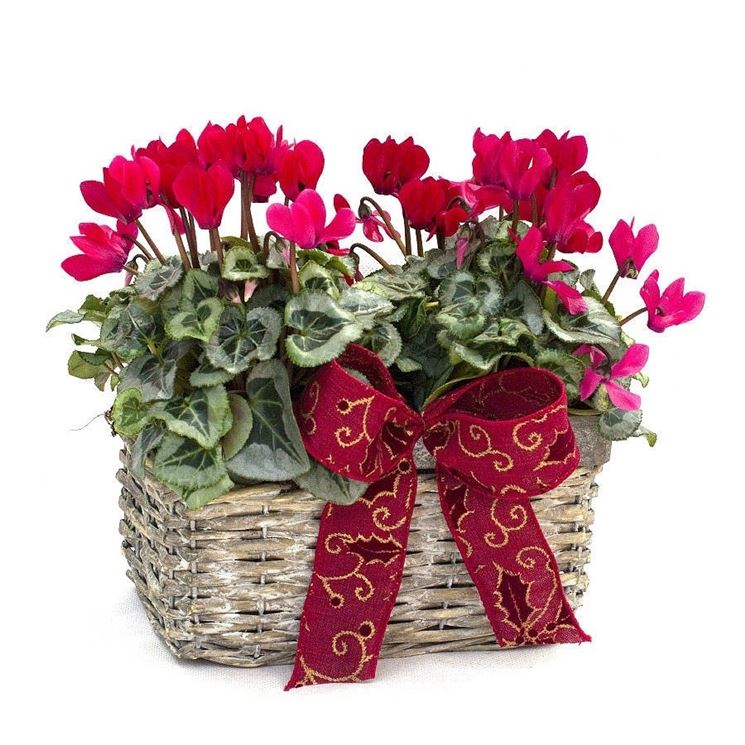Cyclamen meaning

Meaning of the cyclamen flower

The meaning of the cyclamen according to the greats of literature

The significance of cyclamen according to the greats of literature is linked to the positive / negative ambivalence. For example, Pliny the Elder recognized the poisonous properties of the roots but at the same time believed that it could not absorb further negative energy and, for this reason, considered it a very powerful amulet against bad luck. Theophrastus, on the other hand, mentions it in more than one of his works as a powerful aphrodisiac, capable of promoting conception. This belief was probably born from the appearance of the corolla that resembles that of the uterus or perhaps from the fact that the flower, once the petals have been lost, stretches towards the ground to spread its seeds from which the new plants will be born. Finally, Leo Kaiti argued in his treatises that cyclamen enhance a person’s prestige.
The symbolism of the cyclamen flower

The symbolism of the cyclamen flower tells us of the cyclamen as the sacred flower to the goddess of the afterlife, Hecate. For this reason, in ancient Greece but also in the Rome of the empire, the flower had a black aura and it was thought that, when stepped on by a pregnant woman, it could cause abortion. In classical Greece, however, the flower was also considered the symbol of the universe and its infinity: the name, in fact, derives from the term kyklos which is equivalent to the Italian circle, precisely the geometric shape associated with the concept of infinity. Therefore, those born in the third decade of Sagittarius were advised to take cyclamen essence which influenced the personality by increasing its prestige. Finally, it was dear to Venus and the Moon and used to make love potions.
Cyclamen meaning: The different meaning of colored cyclamen

In cyclamen the meaning also depends a lot on the color of the petals. For example, the pink cyclamen is closely connected to the concept of pure love and is the perfect flower to give to a mother who has just given birth. The red one, on the other hand, should never be given to one’s girlfriend because it symbolizes a difficult love in which one does not trust the other. The white cyclamen represents the tenderness, sweetness and simplicity of life. Fuchsia is the flower of eroticism and sensuality, capable, according to the ancients, of arousing the most hidden desires and pleasures. The purple cyclamen, in all shades of color, is rather considered the flower of young people and for this reason it should be given to those who have a youthful, carefree, cheerful, thoughtless lifestyle.




